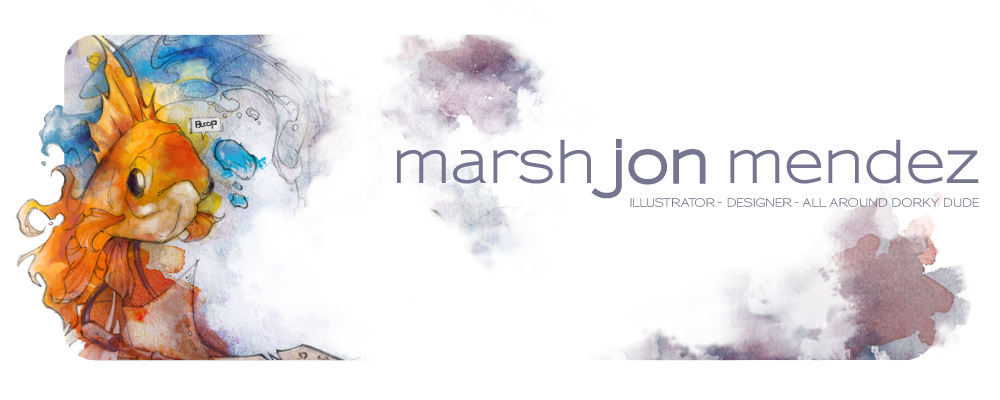In an article in the German news magazine, Sueddeutsche Zeitung (South German Newspaper), Disney/ Pixar's chief creative officer discussed seven creative principles that have helped him realize his visions for his animated movies:
1. Never come up with just one idea.
"Regardless of whether you want to write a book, design a piece of furniture or make an animated movie: At the beginning, don't start with just one idea—it should be three. The reason is simple: If a producer comes to me with a proposal for a new project, then usually he has mulled over this particular idea for a very long time. That limits him. My answer is always, `Come again when you have three ideas, and I don't mean one good and two bad. I want three really good ideas, out of which you cannot decide the best—you must be able to defend all three. Then we'll decide which one you'll realize.'
"Creative people often focus their whole attention on one idea. So, right at the beginning of a project, they unnecessarily limit their options. Every creative person should try that out. You will be surprised how this requirement suddenly forces you to think about things you hadn't even considered before. Through this detachment, you suddenly gain new perspectives. And believe me, there are always three good ideas. At least."
2. Remember the first laugh.
"A big problem in the creative process is related to the enhancement of your ideas. Revising, retouching, refining is very important, but it carries a danger. If you have a story, a joke, a thought, which you write down, it loses its effect over time. It wears itself out. When you hear a joke for the second time you still laugh heartily, on the third or fourth occasion already less so, and when you hear it the 100th time, you hate it. "I say to my writers: `Take notice of the first laugh, write it down if necessary.' At times, this may be bothersome, but it is important. Many times, good things got lost because people could not remember anymore how it felt when they heard the idea for the first time."
3. Quality is a great business plan, period.
"There is a crucial rule: No compromises. No compromises on quality—regardless of production constraints, cost constraints or a deadline. If you get a better idea, and this means that you have to start again from scratch, then that's what you have to do. In any creative industry, quality is the sole business plan that prevails in the long run. Many managers fail to understand that, but the audience understands it. The process is only finished once the creative professional in charge says it's finished. That does not mean that there isn't any pressure—there's pressure all the time anyway—but the individual creator always needs to have the last word."
4. It's all about the team.
"One of the most popular questions is always whether groups are more creative than individuals. My answer: In most cases, it's the team—provided you follow certain rules. As a manager, it is my task to abolish hierarchies. It doesn't matter at all who has the idea; that's a very important rule for us. The group must be honest, direct, and endeavor to sincerely help the creative individual. But in the end, nothing that the group says is binding."
5. Fun invokes creativity, not competition.
"There is this idea that you put two people, who cannot stand each other, into a room, hoping that all this negative energy leads to a creative result. I disagree. Co-operation, confidence and fun—that is the way. Creative people must believe that all others support them in making a great movie. They need to believe that all people involved understand what they are talking about. Creative people are easily bored, moody, a bit difficult to handle. You have to make it fun for them, care for them.
Creative people only produce really good work if you creatively challenge them. They have to like what they're working on. They have to be damn proud of the fact that they're a part of a particular project. That is again the manager's task. Each time, you have to give them creative challenges. That's difficult, but nobody said it was easy to lead creative people."
6. Creative output always reflects the person on top.
"Poor managers harm the creative process. Laughter, being crazy, freaking out and being silly are hard work. A manager who spreads his bad mood and who forbids his employees to have fun impairs their creativity, and thus harms the enterprise. I would fire him. I cannot risk so much money just because a manager indulging in his bad mood harms my business."
7. Surround yourself with creative people you trust.
"Bring only those new members into your creative team whom you consider to be at least as talented as you. If they are also pleasant and good-natured, even better. Most managers don't follow this approach, as they are insecure. Insecurity and creativity do not get along with each otherwell. Most managers surround themselves with yes men, and as a result, audiences get bad movies."
----------------------


No comments:
Post a Comment